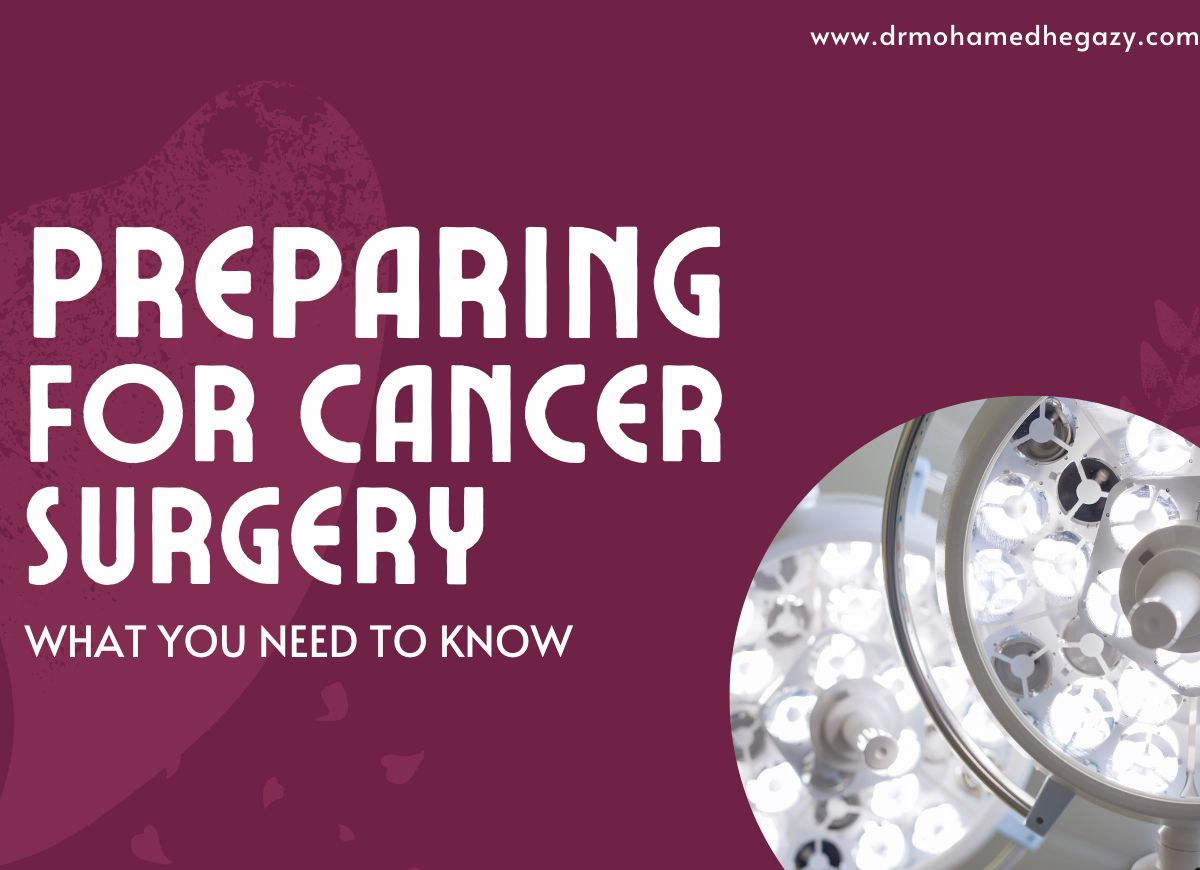Oncology is the study and treatment of cancer. It is a complex field that requires a multidisciplinary approach to provide the best care possible to patients. In this article, we will explore the basics of oncology, including the types of cancer, the causes of cancer, and the different treatment options available.
Types of Cancer
There are many types of cancer, and each type is classified based on the organ or tissue where it originates. The most common types of cancer include breast cancer, lung cancer, prostate cancer, colorectal cancer, and skin cancer. Other less common types of cancer include leukemia, lymphoma, and multiple myeloma.
Causes of Cancer
Cancer is caused by changes in the DNA of cells that cause them to grow uncontrollably. These changes can be caused by a variety of factors, including environmental factors such as tobacco smoke, radiation exposure, and certain chemicals. Other factors that can increase the risk of cancer include age, family history of cancer, and certain medical conditions such as chronic infections.
Treatment Options
The treatment options for cancer depend on the type and stage of cancer, as well as the patient’s overall health. The most common treatments include surgery, radiation therapy, chemotherapy, and targeted therapy. Surgery is often used to remove cancerous tumors, while radiation therapy and chemotherapy are used to destroy cancer cells. Targeted therapy is a newer form of treatment that uses drugs to specifically target cancer cells.
In addition to these treatments, there are also complementary and alternative therapies that can be used to help manage the symptoms of cancer and improve the patient’s overall well-being. These may include things like acupuncture, massage therapy, and herbal supplements.
Conclusion
Oncology is a complex field that requires a team approach to provide the best care possible to patients. By understanding the basics of oncology, patients and their families can be better equipped to make informed decisions about their treatment options and manage the physical and emotional challenges of cancer. If you or a loved one has been diagnosed with cancer, it is important to work with a qualified oncologist who can provide expert care and support throughout the treatment process.




